playing favorites…
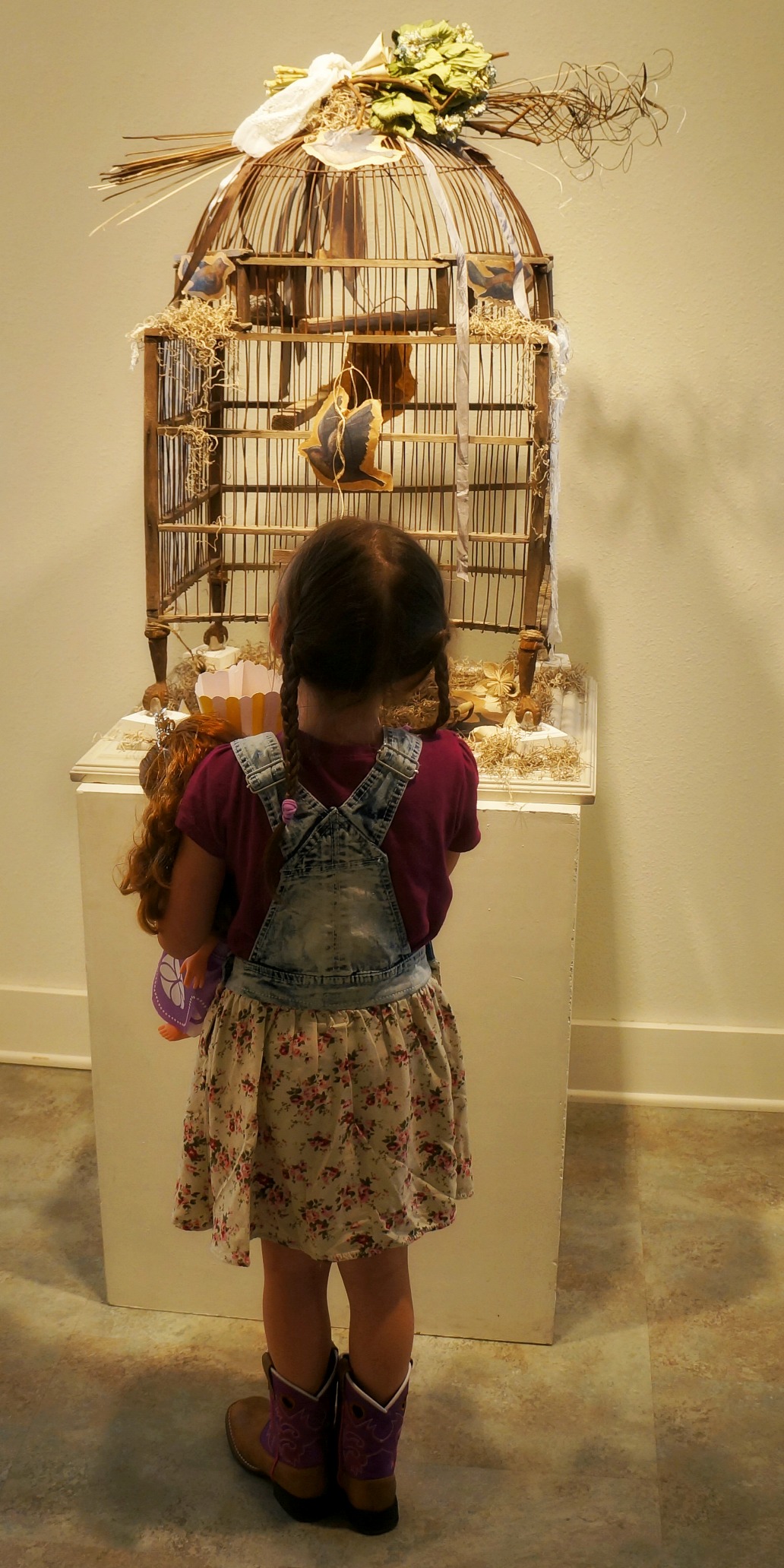
Grace told me this was her favorite piece.
(photo by Kevin Tully)


Grace told me this was her favorite piece.
(photo by Kevin Tully)
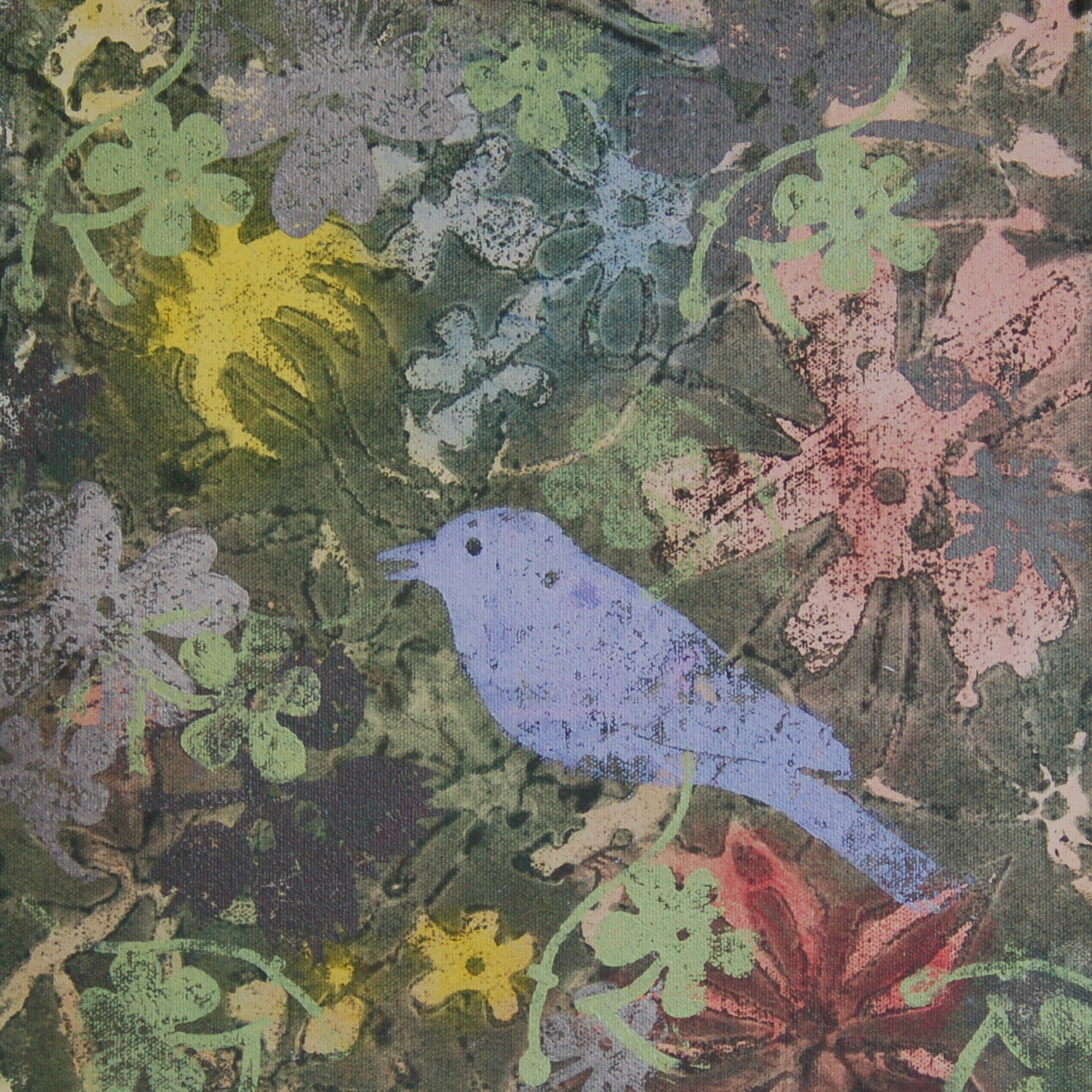
Five days till Spring is officially here. Spring cleaning coincides with my return to Nevada from wintering in Texas, and it’s time to clean up and get things in order for the drive back in April, right after my show opening of THESE FOOLISH THINGS.
There is much to admire in the writings of Henry David Thoureau’ , WALDEN. Of late I have been carrying around a tiny volume of the book and diving in and out of it. I found this entry on a ritual called a BUSK a perfect Spring story of a custom from days past.
” The customs of some savage nations might, perchance, be profitably imitated by us, for they at least go through the semblance of casting their slough annually; they have the idea of the thing, whether they have the reality or not. Would it not be well if we were to celebrate such a ‘busk’, or feast of first fruits’, as Bartram describes to have been the custom of the Mucclasse Indians?”
When a town celebrates the busk (says he) , having previously provided themselves with new clothes, new pots, pans and other household utensils and furniture, they collect all their worn-out clothes and other despicable things, sweep and cleanse their houses, squares and the whole town of their filth, which with all the remaining grain and other old provisions they cast together into one common heap, and consume it with fire. After having taken medicine, and fasted for three days, all the fire in the town is extinguished. During this fast they abstain from gratification of every appetite and passion whatever. A general amnesty is proclaimed; all malefactors may return to their town. On the fourth morning, the high priest, by rubbing dry wood together, produces new fire in the public square, from whence every habitation in the town is supplied with the new and pure flame.They then feast on the new corn and fruits, and dance and sing for three days,’and the four following days they receive visits and rejoice with their friends from neighboring towns who have in like manner purified and prepared themselves’.
This made me wonder if this custom was a throw back to our modern day ‘spring cleaning’ ritual – without the fire! I never have to look too far when I look to others who sought knowledge and direction on how to navigate modern life . Few will argue that our lives have for the most part, become unmanageable in many ways. A good cleaning and purging helps, and as usual when one season is over…
TO END IS TO BEGIN, so let’s busk!
(featured image from Catherine Massaro – Meditations on the Hill Country series)
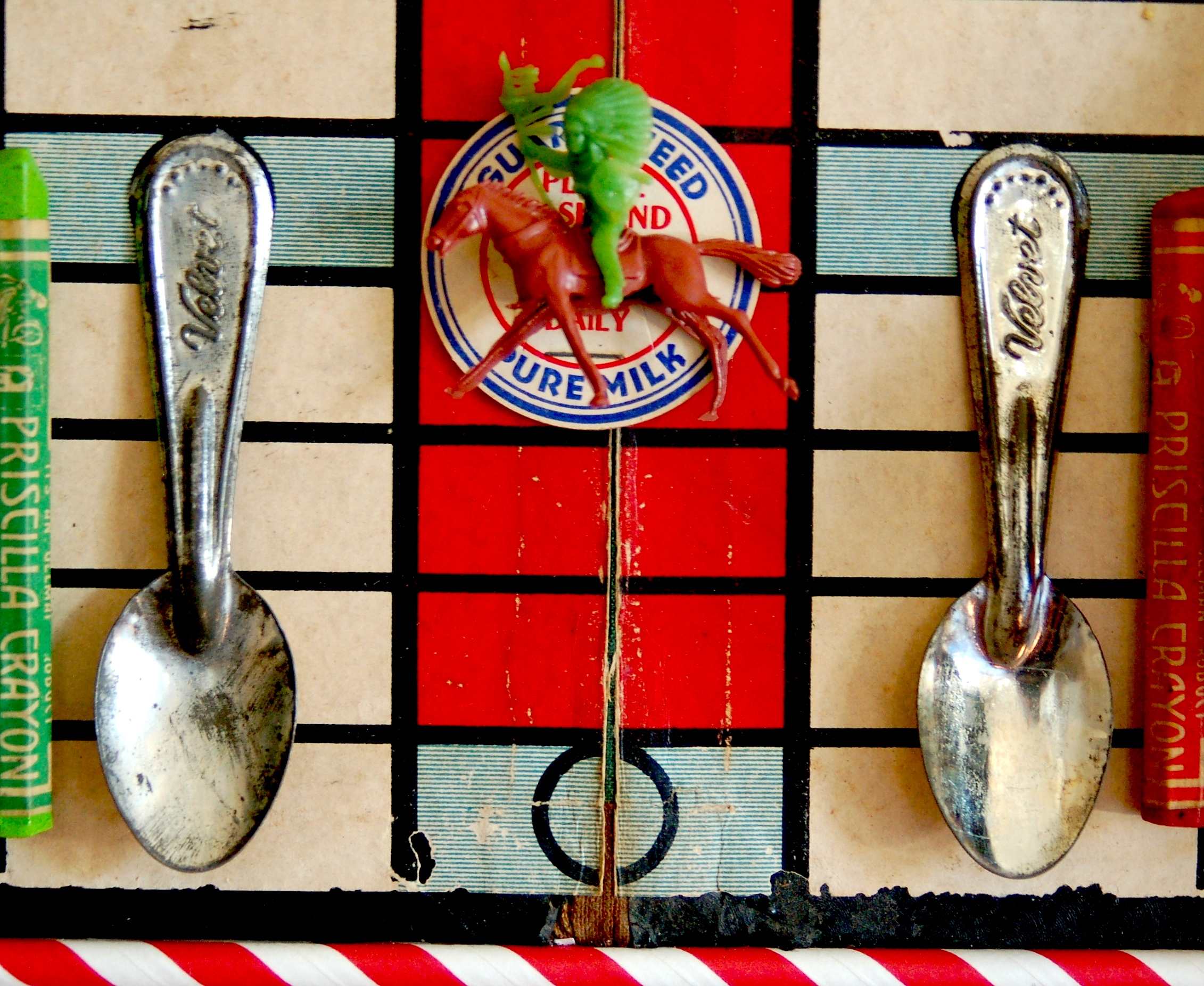
As I said… I’ve been busy with a new body of work. The opening of the show will be in April and I have a series of teaser posts and blogs coming in the days ahead. So stay posted for THESE FOOLISH THINGS!

There is much to admire in the writings of Henry David Thoureau’s , WALDEN. Of late I have been carrying around a tiny volume of the book and diving in and out of it. I was prompted to read it after thinking about last weeks’ post on tiny houses. There is a fascinating excerpt in the chapter on economy, that really caught my attention. It follows a comment he makes as follows:
The evil that men do lives after them.
” The customs of some savage nations might, perchance, be profitably imitated by us, for they at least go through the semblance of casting their slough annually; they have the idea of the thing, whether they have the reality or not. Would it not be well if we were to celebrate such a ‘busk’, or feast of first fruits’, as Bartram describes to have been the custom of the Mucclasse Indians?” When a town celebrates the busk (says he) , having previously provided themselves with new clothes, new pots, pans and other household utensils and furniture, they collect all their worn-out clothes and other despicable things, sweep and cleanse their houses, squares and the whole town of their filth, which with all the remaining grain and other old provisions they cast together into one common heap, and consume it with fire. After having taken medicine, and fasted for three days, all the fire in the town is extinguished. During this fast they abstain from gratification of every appetite and passion whatever. A general amnesty is proclaimed; all malefactors may return to their town. On the fourth morning, the high priest, by rubbing dry wood together, produces new fire in the public square, from whence every habitation in the town is supplied with the new and pure flame.They then feast on the new corn and fruits, and dance and sing for three days,’and the four following days they receive visits and rejoice with their friends from neighboring towns who have in like manner purified and prepared themselves’.
This made me wonder if this custom was a throw- back to our modern day ‘spring cleaning’ ritual – without the fire!
I never have to look too far when I look to others who sought knowledge and direction in how to navigate modern life. Few will argue that our lives have for the most part become unmamagble in many ways. Thoreau would not be in the least surprised to see what has become of life in the year 2014. Over and over it comes back to this … TO END IS TO BEGIN
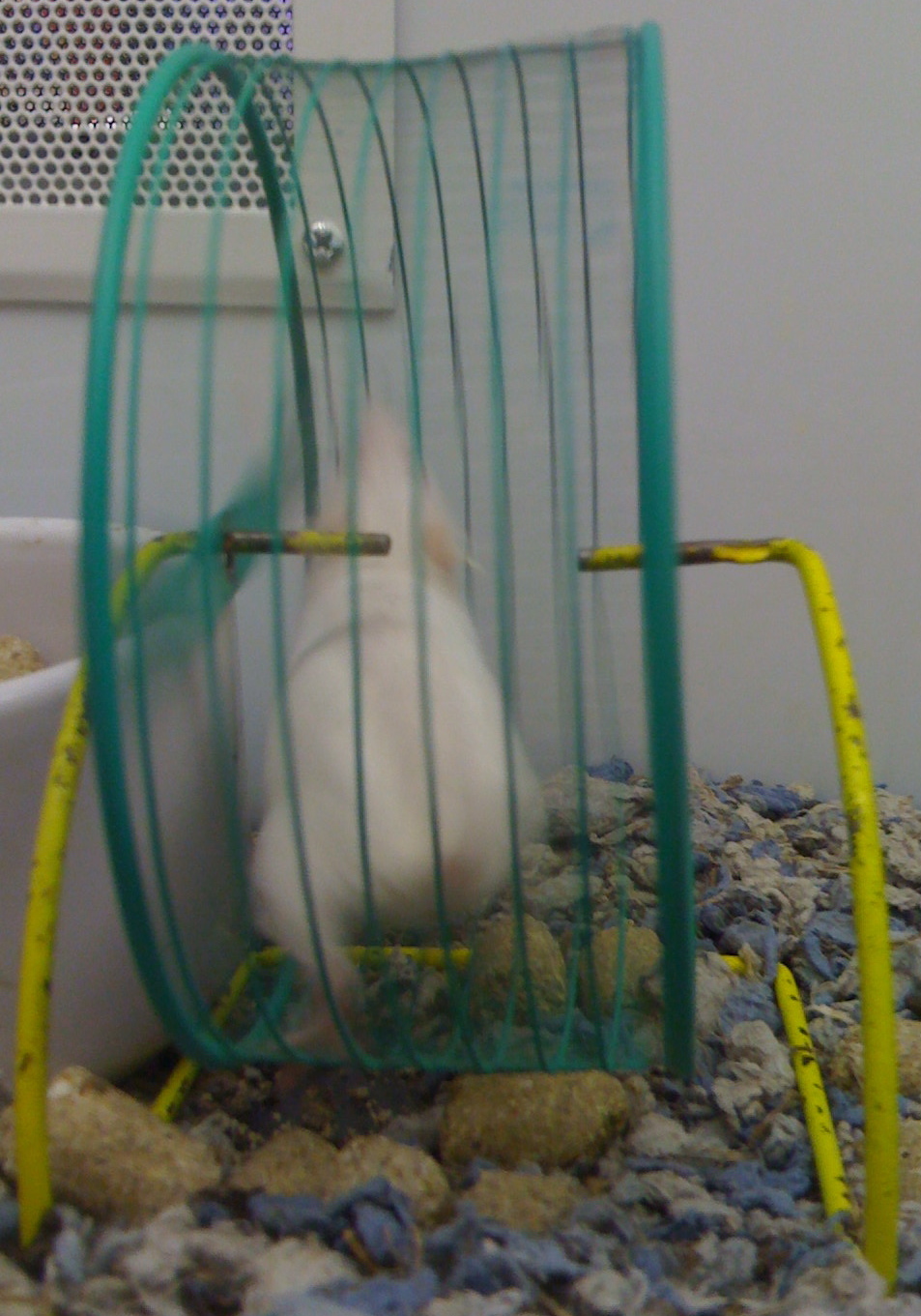
It‘s hard to know when to stop.
There is a movement afoot to lighten our loads. I think we are beginning to be overwhelmed by the burden of our possessions. It’s natural for this to happen when you get older , as with my generation, but I think the young are seeing it too. It’s evidenced in the ‘tiny house’ movement, the move to apartment living instead of home ownership, and the ever growing recycling movement. Recycle, reuse, repurpose.
It’s hard to know when to stop.
Supersze. Big Gulps. Big Macs. Double stuff. Double toppings. Tall, Grande, Venti, Trenta!
It’s hard to know when to stop.
I make art. Lots of us do. It stacks up. Some of it sells, some of it doesn’t. When it doesn’t, it stacks up. How do you stop doing something you are compelled to do? Do you put yourself on an art diet, like you would with food. Simply stop creating certain things that add to your stockpile? Do you limit yourself , like with a tiny house, to making only small works? It’s a quandary for the creative soul.
It’s hard to know when to stop.
If ancient sailors had not set sails, the world would still be flat.
If Van Gogh had stopped painting, there would be no Starry Night.
If the wheel had not been invented there would be no modern transportation.
If Bob Dylan had stayed acoustic there would be no Subterranian Homesick Blues.
It’s hard to know when to stop.
There’s no easy answer for those driven to create. I don’t have one yet for myself anyway. Like a junkie, I often wish I could just stop. Lay it down and watch life go by. I even tried it once. It only lasted for a few years, and then it came back in spades, like the floodgates of creative hell. I have learned to pace myself a bit more, but that is mostly a function of maturity and experience.
It’s hard to know when to stop.
I await a sign. If I went blind, would I sculpt from memory? If I lost my dexterity to arthritis would I fight through the pain and carry on?
If I lost my joy of life, would the creative spark die with it? I have no answers … I guess I will find out in time, because for now...it’s hard to know when to stop.
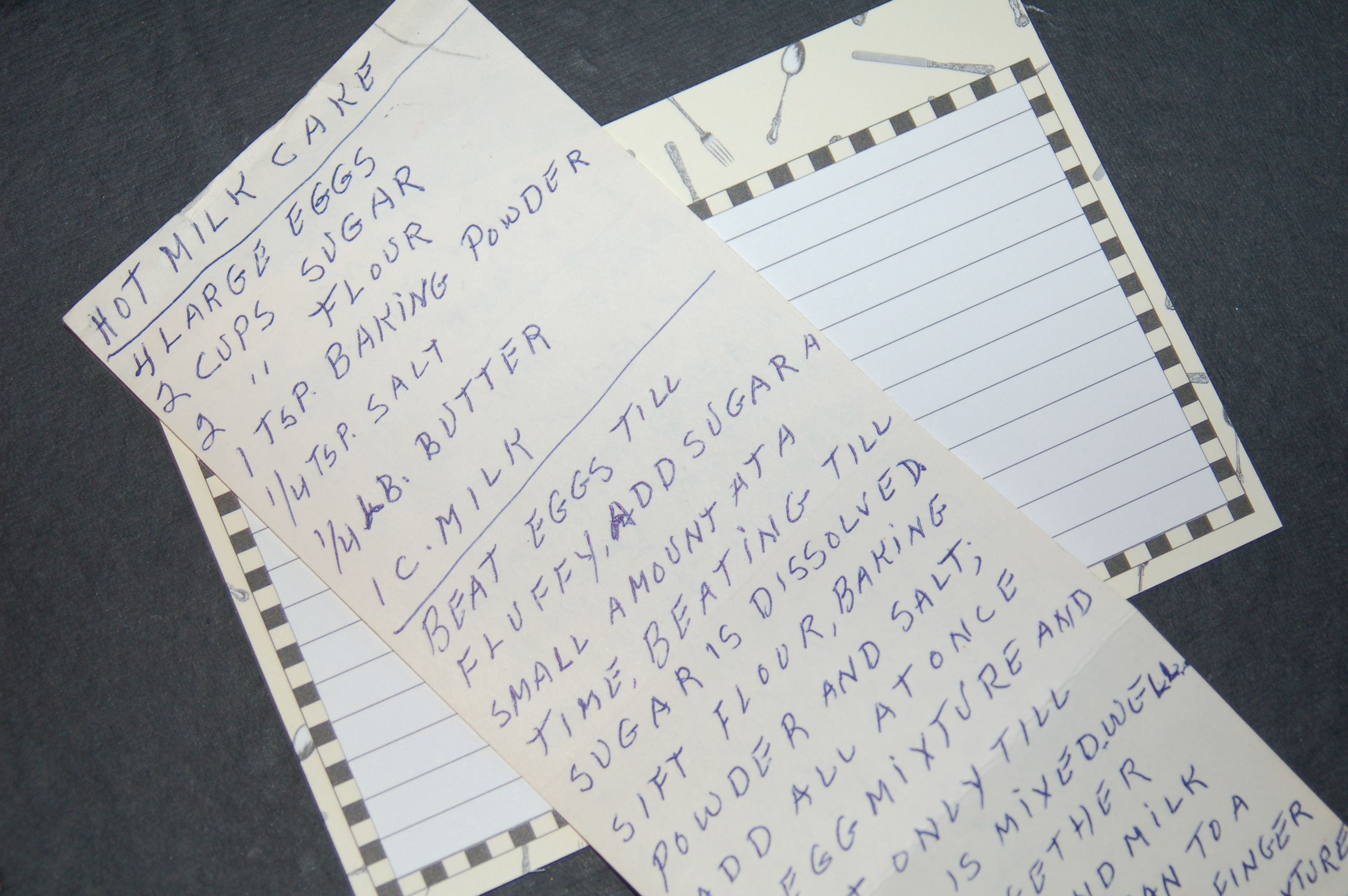
My maternal grandmother , Catherine Feldman, lived with us when I was a girl. I was in second grade when she moved in, shortly after her husband died. And there she stayed as a household fixture until she had a stroke and was cared for at The Brother’s of Mercy Nursing Home, right up the street from our family home. Her bedroom was upstairs and right next to mine. She had a view of Main Street and a little wire cart with violet plants in front of the window, and a little black and white television that she watched the six o’clock news on with her one cigarette of the day. I can picture her still in that room, where I had everything on her dresser memorized. On the occasion I had bad dreams, I would sneak into her room and crawl into bed with her . This was a huge violation of my parents household rules, but she never ratted on me. She had a bed with a built in bookcase headboard and there resided a lovely painted ceramic Virgin Mary that played Ave Maria. She would wind it up and I would fall safely asleep. It remains one of my most favorite hymns and I still tear up when I hear it. My sister was good enough to hang on to that treasured object and pass it to me years later, where it resides on my home altar, in a place of memory and honor.
My Nannie, as we referred to her, pops up often in my life in treasured objects. Her recipes always tug at my heart when I come across them. Her recipe for marrow dumplings for instance, which I have not had since she died. Her amazing Continental Frosting that I still love but cannot make. My mother dutifully makes that frosting for me when I request it. I still make her soft molasses cookies on some Christmas’. But I came across the Hot Milk Cake recipe a day or two ago and even though I had no intention of making it, I kept it out. I found as I would move around the house, from kitchen to studio, studio to kitchen I could not seem to put it down. Finally I just sat down with it and studied it, like you would a love letter – word for word, front and back, the sound of her voice on the scrap of paper and a clear vision of her sitting at the kitchen table writing it out for me. I loved unfrosted cake, and I had to laugh as I noted at the end of the recipe, she wrote as an afterthought – Frost as you wish
My Nannie, who I was named after, was a very religious woman, and I thought about her a lot when I was making FORSAKEN. ( see ART tab for this piece ) We are never forsaken by our loved ones…even when they are gone , they are with us so often, in the smallest of things and seemingly most insignificant objects of memory. Love just goes on and on.



